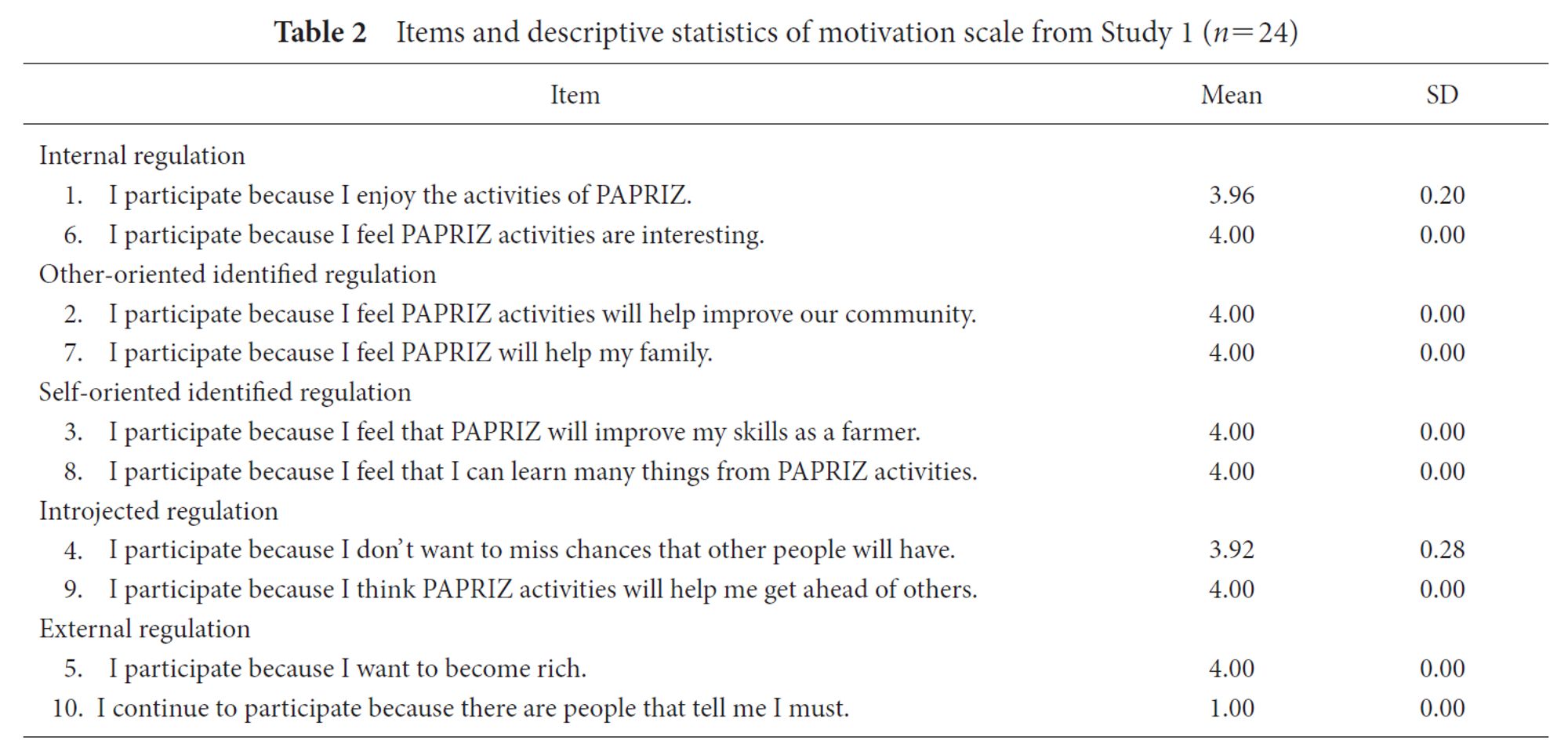
COSMINチームによる2型糖尿病患者の健康関連QoLを測定するPROMsの内容的妥当性に関する系統的レビュー link.springer.com/article/10.1...
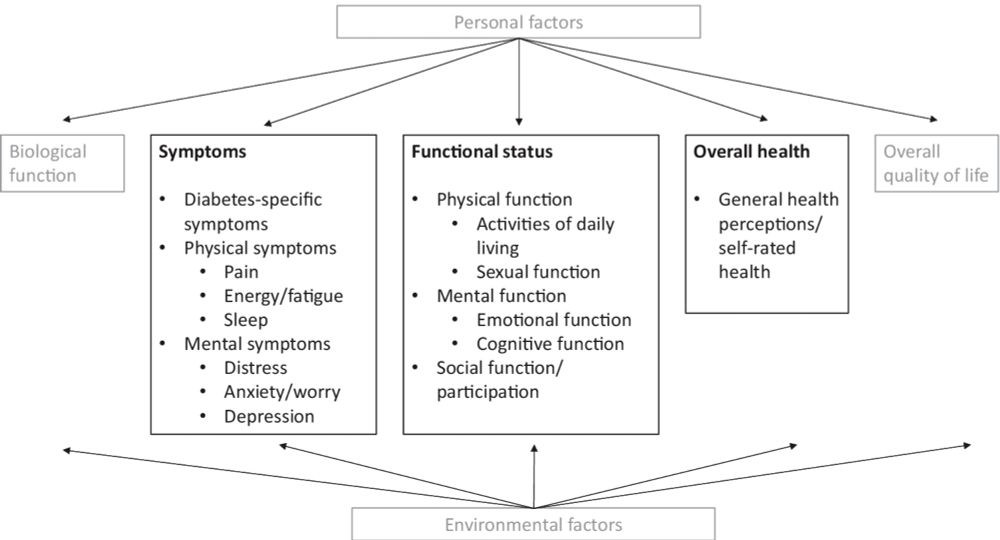
Purpose of review We aimed to systematically evaluate the content validity of patient-reported outcome measures (PROMs) specifically developed to measure (aspects of) health-related quality of life (H...
If I had to recommend just one thing for people to include on their OSF project pages, it’s a “read me” file that provides essentially a table of contents and/or list of instructions for what files to look at, and in what order, to reproduce elements of a corresponding manuscript.
New post at The 100% CI: Do we have a problem with construct and measure proliferation in psychology? It depends who you ask and it varies by subdiscipline. We respond to a recent piece by Iliescu et al. and try to find some common ground. www.the100.ci/2024/03/22/o...
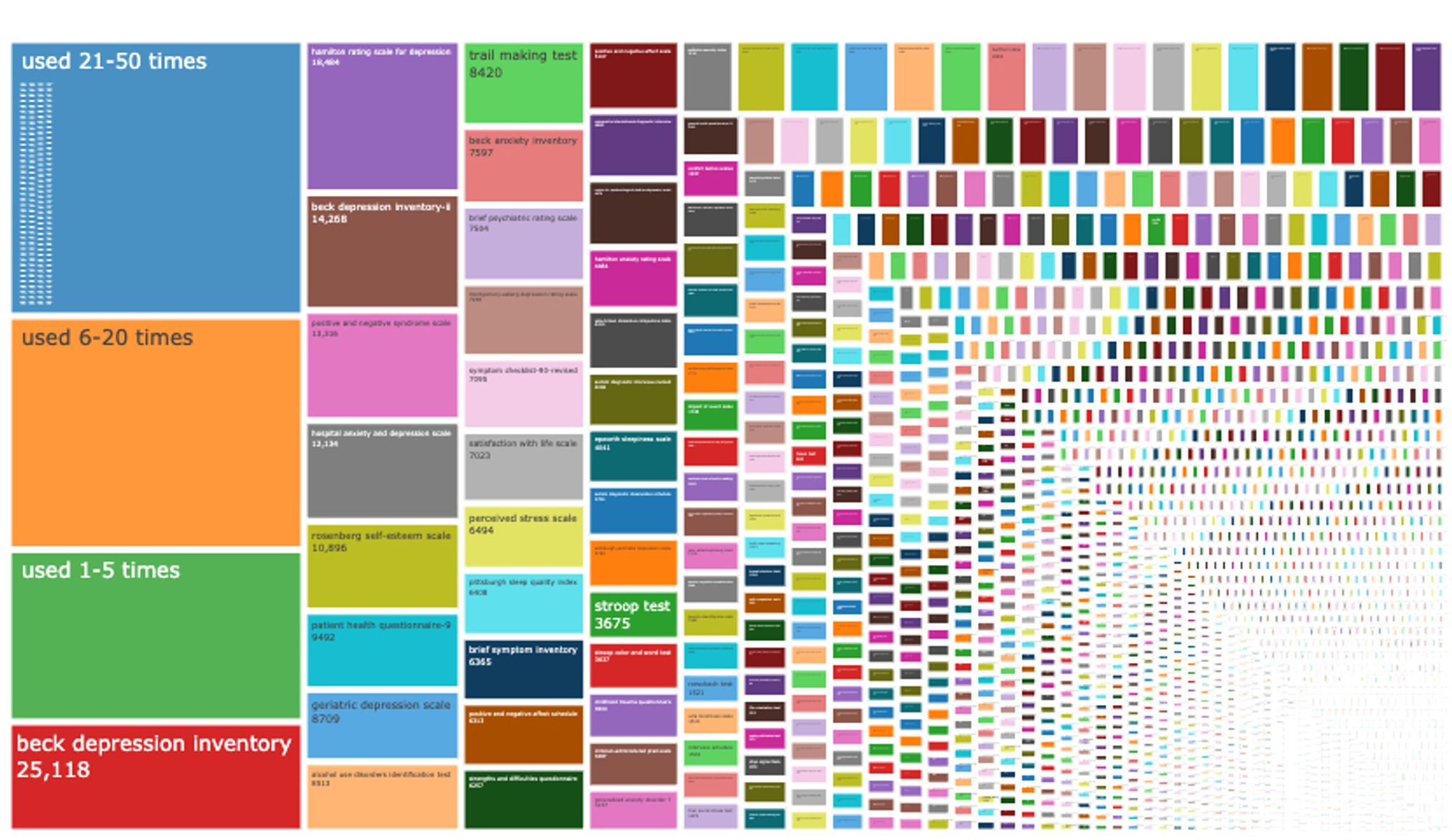
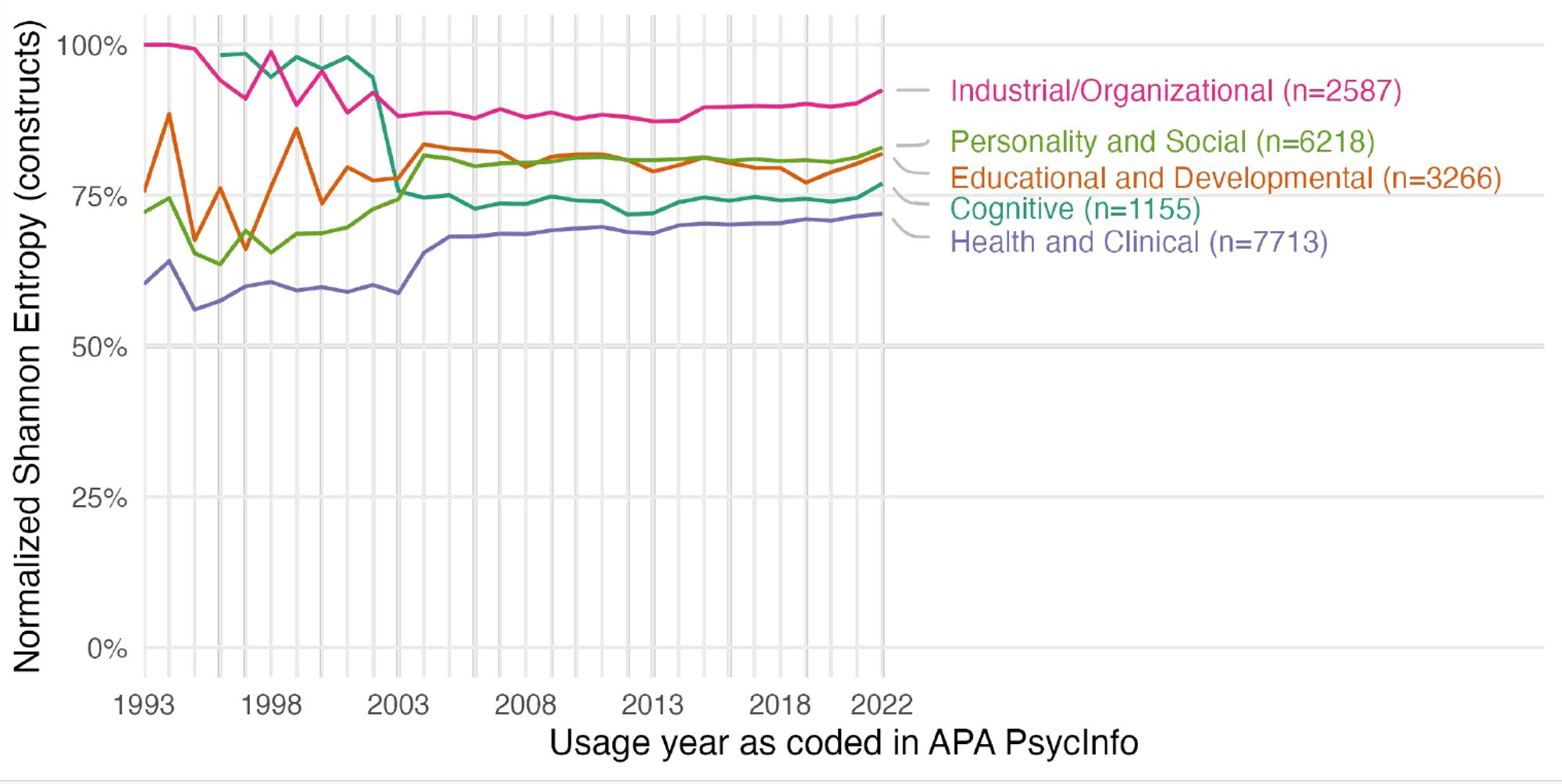
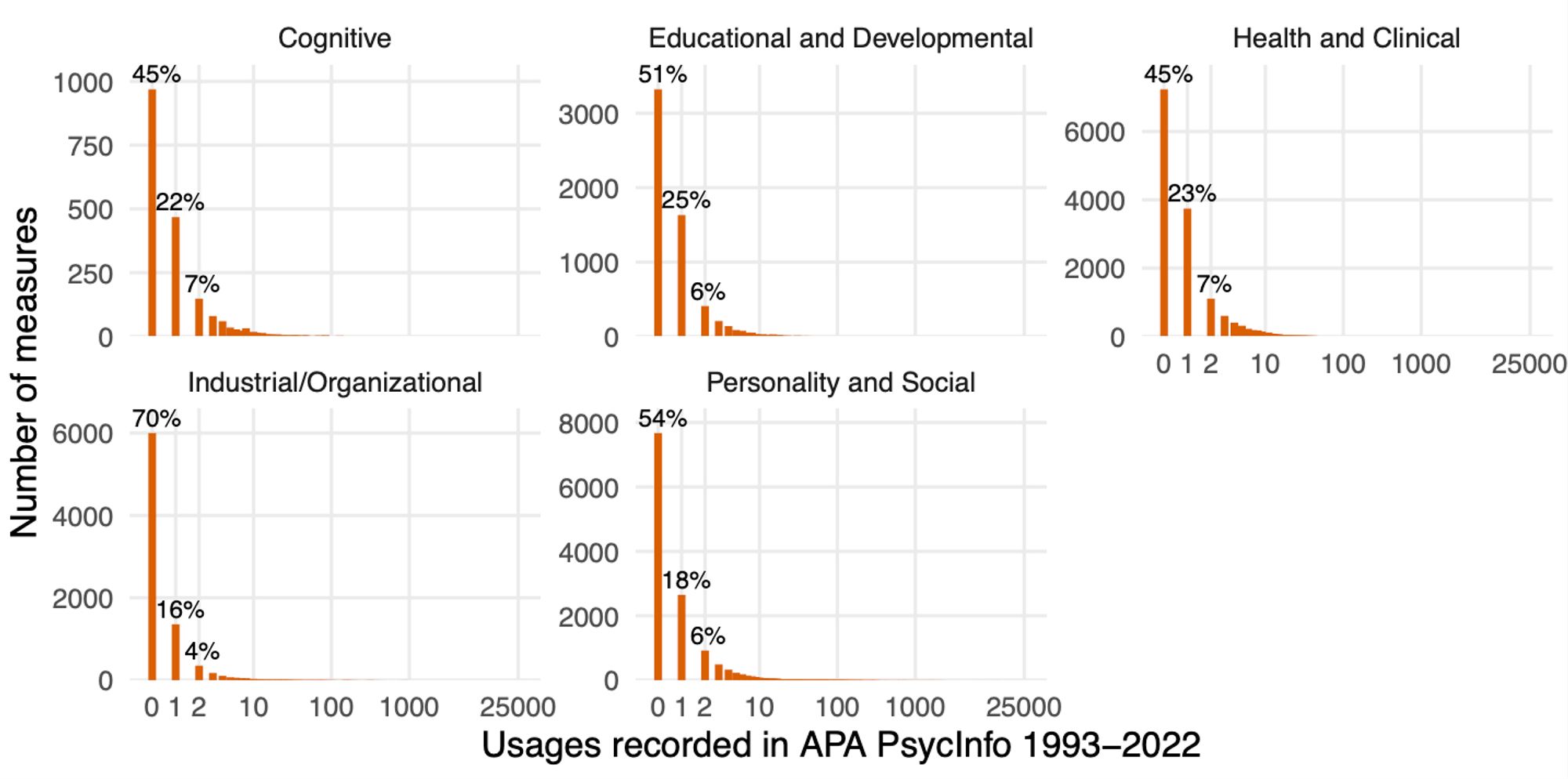
COSMINチームによる2型糖尿病患者の身体機能を測定するPROMsの系統的レビュー。 drc.bmj.com/content/10/3...
"even if data are quantitative and numerical, the ways in which they are analysed and, to a greater extent, the inferences made from this analysis, will vary depending on who the researcher is." I LOVE this paper, which talks about reflexivity in quant, not qual, research tinyurl.com/3r3s39ty
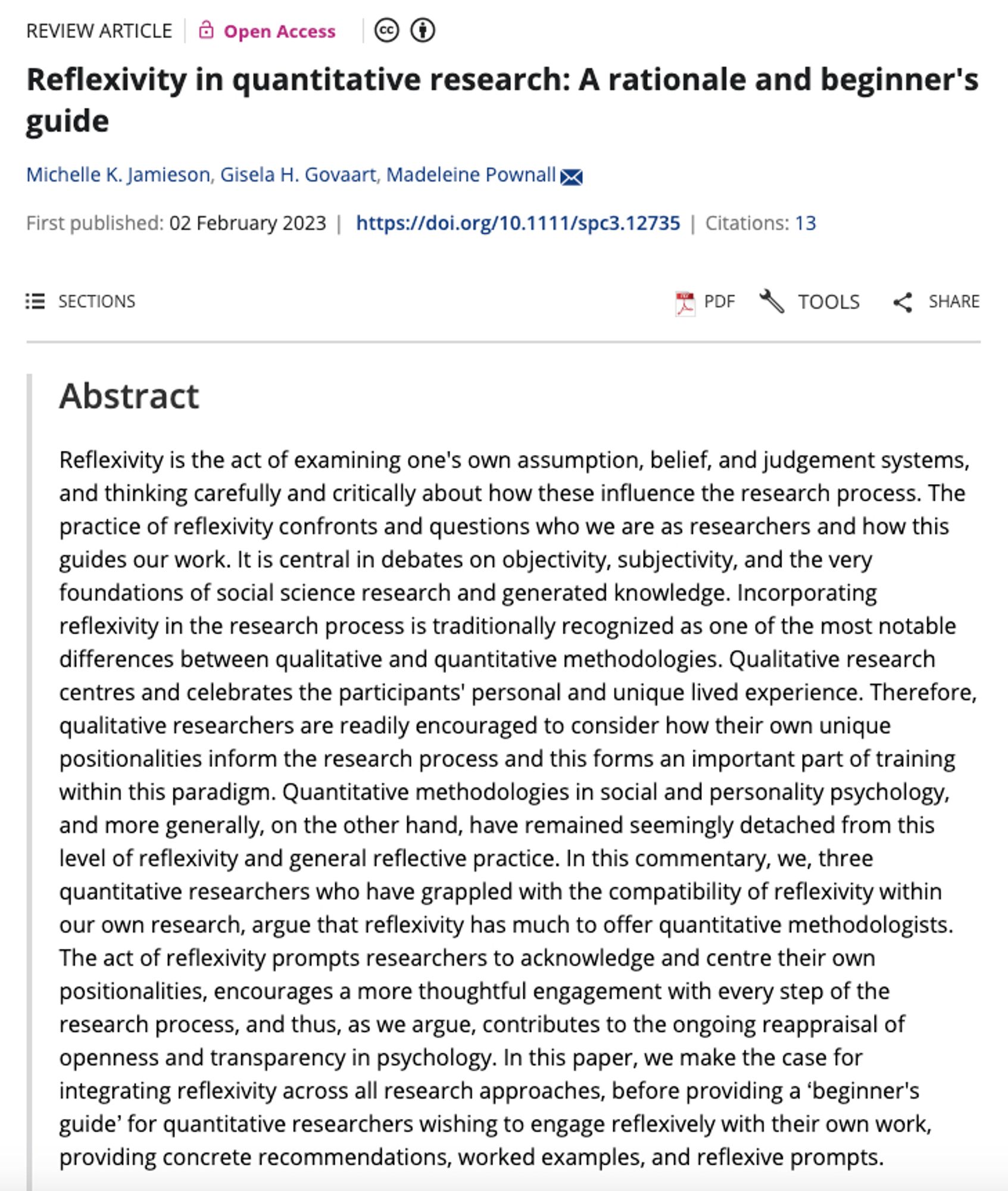
項目反応理論を用いた症状評価項目バンクの現状と今後の課題 www.ism.ac.jp/editsec/touk...
Positive affect and reward processing in the treatment of depression, anxiety and trauma Review by Michelle G. Craske, Barnaby D. Dunn, Alicia E. Meuret, Sakina J. Rizvi & Charles T. Taylor 🚨FREE to access until Sep 30! go.nature.com/3XqwRkd#psychology#psychscisky#clinicalpsych
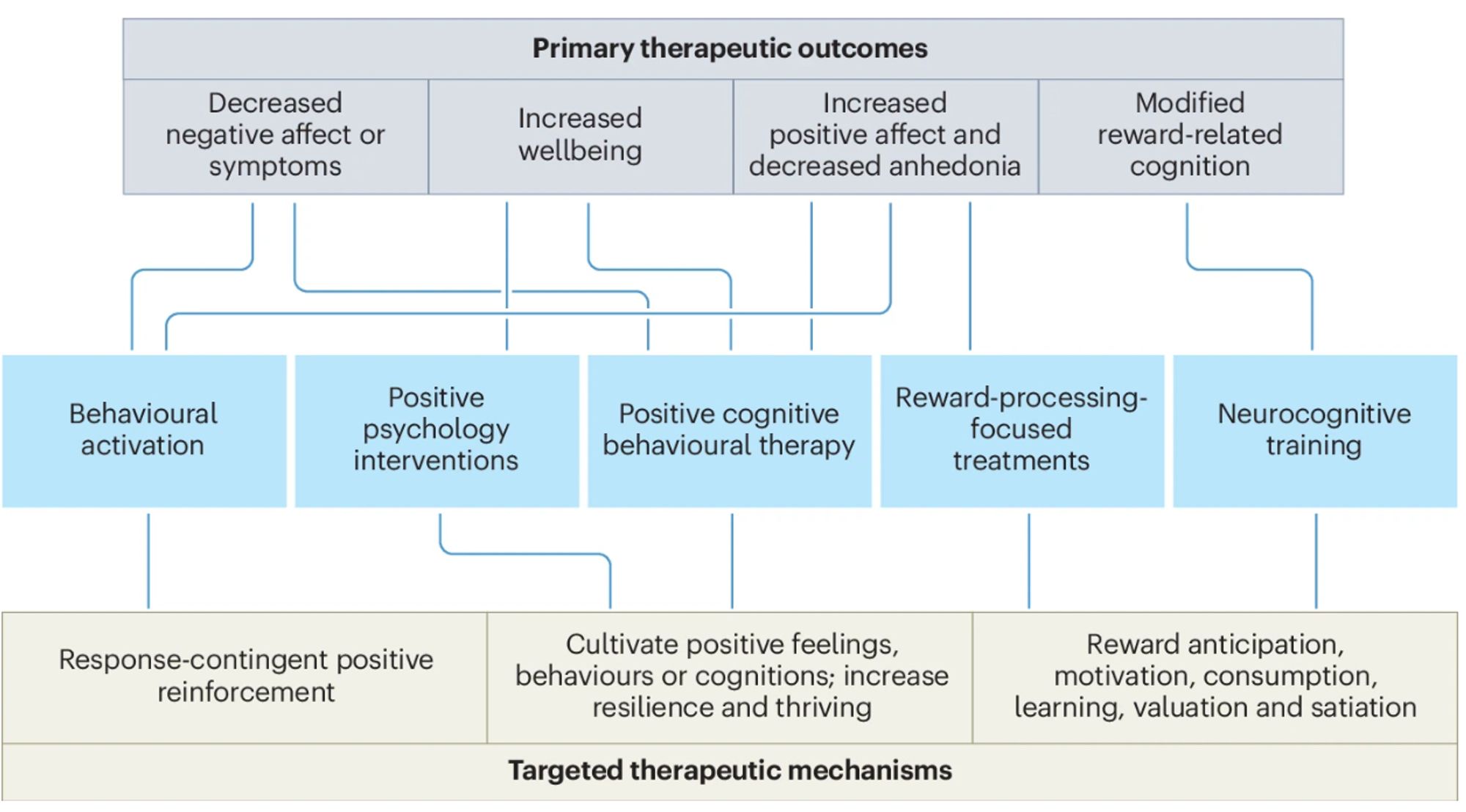
The best writing advice I've ever gotten is to remember that the first draft is where you explain it all to yourself and then the second draft is where you explain it all to your readers.
貧困率が高く識字率が低いマダガスカルの農村農家を対象に心理尺度を開発したところ,全員が同じ得点で分散がゼロ(!)になってしまい,心理測定学的な適応ができなくなる。その後,一人称表記,質問項目,応答ラベルなどの改良を重ねて,ぎりぎり許容できる分散と内的一貫性を示したという論文。いろいろと考えさせられる。 www.jstage.jst.go.jp/article/pers...
